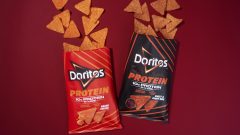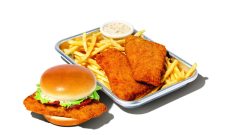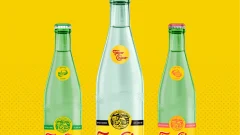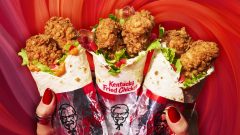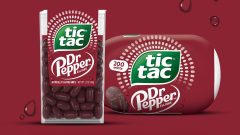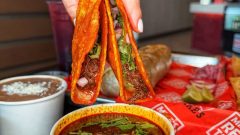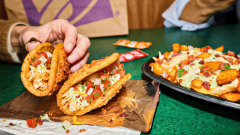Popular UK Restaurant Chain Trains Its Baristas In Martial Arts
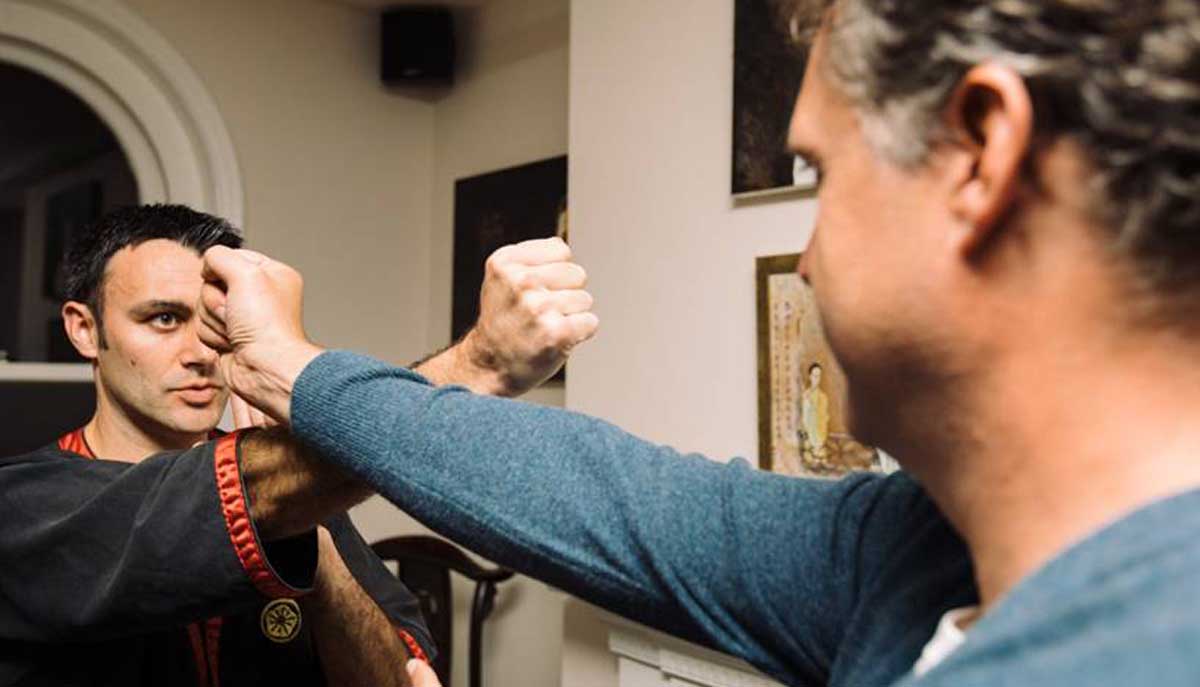
 Photo Courtesy: LEON
Photo Courtesy: LEON
You may have heard that popular UK resultant chain Leon is coming to the United States soon. Known as “The Future of Fast Food,” the restaurant follows a unique model where they offer cuisines from around the world at a more affordable price point, but manages to maintain quality ingredients.
Even though Leon is taking strides to cement themselves in the future, we discovered that the restaurant chain draws tutelage from the past as well: Baristas at Leon are schooled in the ancient martial art of Wing Tsun, also referred to as Wing Chun, as a free elective during off hours.
It looks a little something like this.
The idea behind Leon offering their baristas courses in Wing Tsun is to help promote well-being among employees. Leon holds Wing Tsun sessions for restaurant managers and often begins meetings practicing the exercises.
Shīfu Julian Hitch, Leon’s Director of Wellness and Wing Tsun Master explains the core philosophies the Leon team learns during these lessons.
“Wing Tsun is focused on improving the quality of your life,” Hitch says. “It gives both practical tools for physically improving your everyday movements and guidance for personal development. Importantly for us, it is also grounded in well-being, helping us all to achieve physical, emotional, mental, and spiritual harmony.”
He adds that the training also provides a platform for his employees to connect socially.
Everyone at Leon is taught specific breathing techniques to enhance personal calmness and increase their ability to handle stress.
“In the classes and the manuals, we teach how movements such as the Wing Tsun punch help us look after our body and increase the speed and efficiency of how we move,” Hitch says. “In particular this involves the use of low elbow positions for stability and strength, reducing the strain on the shoulders.”
The aspects of Wing Tsun taught to baristas include:
- Relaxation: the ability to find personal calm despite whatever is going on around us.
- Flow: the ability to create ‘effortless focus’.
- Mastery: the ability to constantly improve on everything we do.
Three physical principles Hitch teaches his students are:
- Posture: the ability to stand upright and minimize the stresses on the body
- Natural body movements: the ability to move our body in the most natural way
- Shortest Line: the ability to move in the shortest line between different objects
- Mini-Max: the ability to always look for the minimum effort for maximum results when moving.
 Photo Courtesy of Leon
Photo Courtesy of Leon
With those physical foundations instilled, Hitch mentions that productivity has noticeably grown among the baristas.
“In one notable example, we evaluated our baristas in three areas: number of coffee made in six minutes, their heart rate, and the overall quality of the coffee,” Hitch says. “After studying Wing Tsun, Leon baristas were reevaluated, and we found that they had significantly improved in all three areas: They increased their average speed by 30 seconds, thus making more coffee in the six-minute time span.”
The positive results weren’t just noticeble on the professional side, but also the personal.
“Their average heart rate went down by 18 beats per minute (the highest was 40 bpm), and the quality of coffee improved,” Hitch continues. “The baristas felt far more relaxed after the training – feeling it set them up for the week ahead. There was hugely positive feedback from both the managers and the baristas in the personal and professional changes that had happened.”
With this success, Leon plans to apply Wing Tsun to other areas of the restaurant including the kitchen staff.



